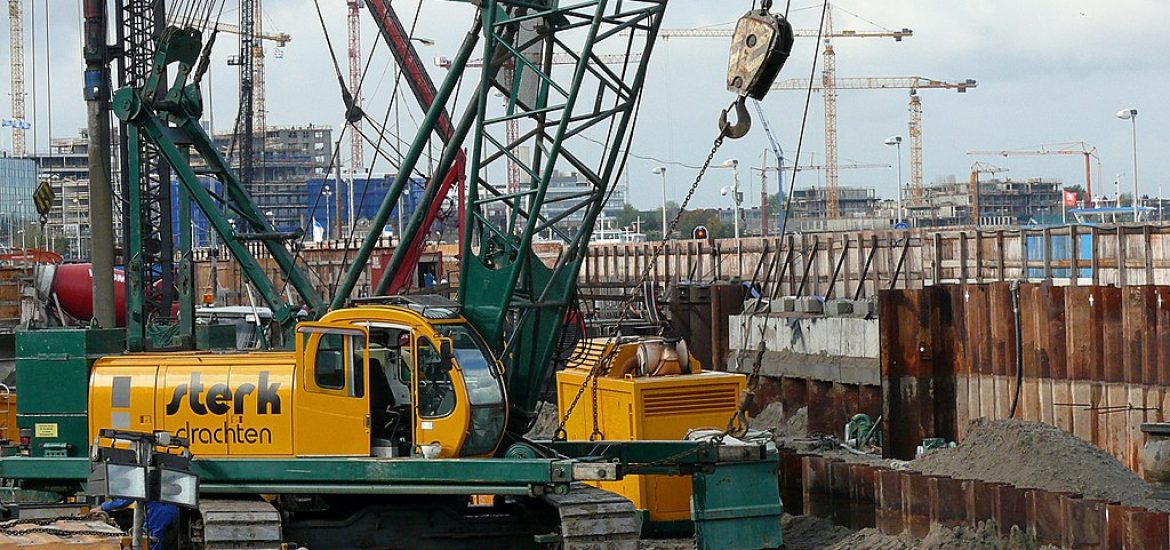
Governments and employers gathered in the Polish industrial city of Katowice for COP24, the annual UN climate change conference, have been told to boost efficiency in building construction and operation to tackle climate change.
“It’s critical we have a big change over the next couple of years in how we do buildings and construction”, said Joyce Msuya, deputy executive director of Unep (the United Nations Environment Programme). “We only need to look at the current norms and quality of many buildings to see that we can do so much better,” she added.
Since 2010, the energy used in air conditioning has increased by 25 per cent with more than 1.6 billion air conditioning devices operating around the world, according to the study.
“We need to raise the bar in energy-efficient, green buildings and far better practice in construction,” Msuya said.
It is estimated that buildings account for close to 40 per cent of greenhouse gas emissions and 36 per cent of all energy consumption.
In a joint report with the International Energy Agency (IEA), Unep said “dramatic action will be needed by governments, cities and business if the global buildings and construction sector is to cut its carbon footprint in line with international agreements”.
It was published for the COP24 (Conference of Parties) negotiations on how to implement the climate action deal adopted in Paris in 2015, when 197 parties committed to limiting global warming to 1.5°C above pre-industrial levels.
COP21’s Paris agreement saw almost 200 countries committed to keeping a lid on global warming.
In 2009, the wealthier countries agreed to provide US$100 billion a year in climate finance to developing countries by 2020.
New techniques, tools, products and technologies like heat pumps, better windows, stronger insulation, energy-efficient appliances had enabled emissions to stabilise in recent years, the report said.
Construction, cement and steel manufacturers were among 500 firms to begin to align their emission reduction targets with the Paris agreement.
Improvements are key as a construction boom is expected across the developing world.
“Buildings are a key driver of energy demand, and developments within the sector such as the growing uptake of air conditioners are having a big impact on energy and environmental trends at the global level,” said Dr Fatih Birol, chief of the International Energy Agency.
“If we don’t make buildings more efficient, their rising energy use will impact us all, whether it be through access to affordable energy services, poor air quality or higher energy bills,” Birol said.
The construction sector needs environmental reform. Picture credit: Wikimedia





